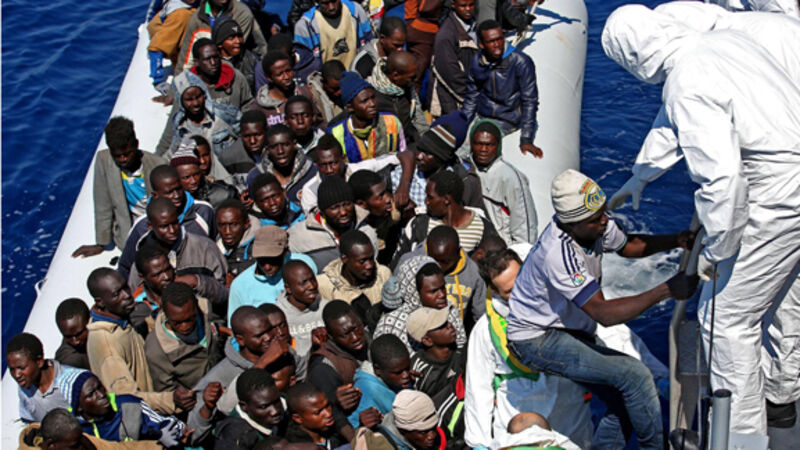Bitter negotiations over EU immigration policy

With record numbers of migrants illegally coming into the EU across the Mediterranean from north Africa and through borders in eastern Europe, proposals to take control of the situation were on the table. The main focus was on a proposal to have countries share about 40,000 Syrians and Eritreans from Italy and Greece — a fraction of the 600,000 who applied for asylum last year.
The original proposal was that each country would sign up to take a share of the 40,000, all of whom would qualify for asylum.














